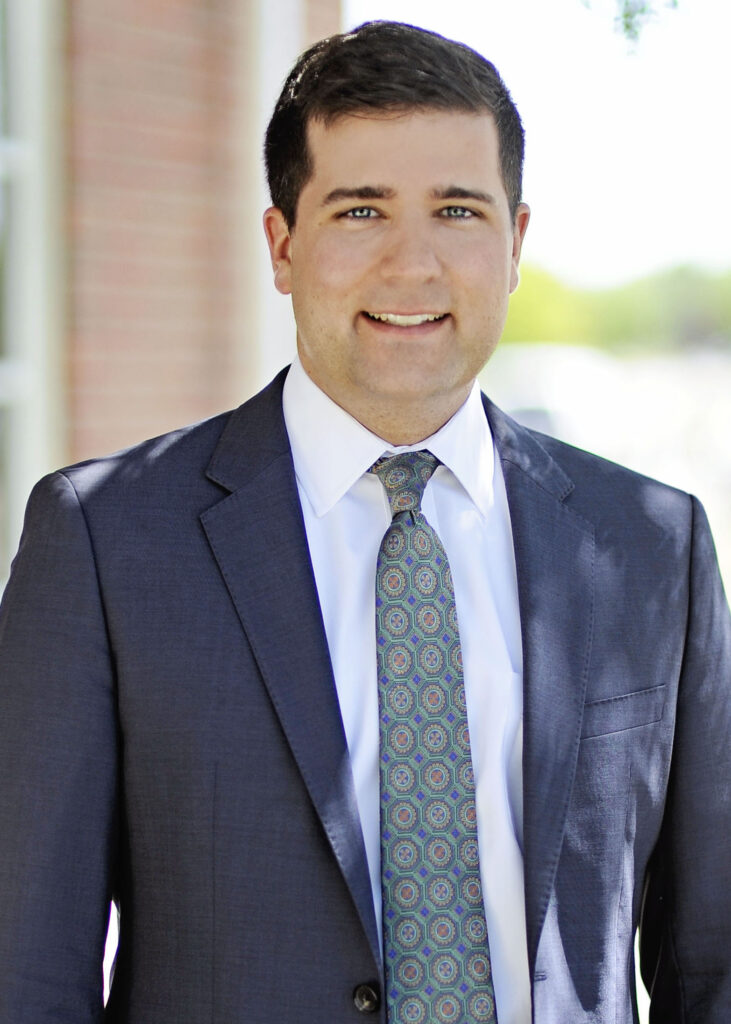
Tyler Horning, Principal, TDC Life
With a dedication and passion for working with advisors to help their clients organize, improve, and execute their life insurance and estate planning needs, Tyler Horning has brought a long-term focus to the TDC Life team. As President of TDC Life, Tyler is a third-generation leader of the firm who works with his group of insurance industry leaders to service a national network of advisors to help their clients plan for and implement best-in-class wealth preservation strategies for the benefit of their family and/or business. Tyler is a father of five and enjoys being an active leader in his community. Tyler was also recognized as #1 on Forbes 2024 listing of America’s Top Financial Security Professionals in Ohio and #21 nationally.
Contact the Office of Planned Giving for more information about making a gift from your IRA or creating a life income gift.
Email, visit our website, or call 314.935.5373 | 800.835.3505
Life insurance is like a Swiss Army knife for financial planning. It offers versatile strategies to amplify benefits, including planned giving to institutions like Washington University. Here’s why life insurance is so effective: the premiums paid are typically much lower than the policy’s death benefit. This means a relatively modest outlay can result in a substantial gift. For instance, a donor could give $200,000 to Washington University which would allow the university to buy a $1,000,000 paid up life insurance policy. The specific dollar amounts will vary based on the insured/donor’s age and health information. This example showcases how life insurance can multiply your generosity.
Some options for using life insurance in your charitable planning include:
- University-Owned New Life Insurance Policy The example above is for a paid up policy and it is a way you can receive a charitable tax deduction and make a much larger gift than otherwise possible. Washington University can own the life insurance policy, with you as the insured. You donate the premium, receiving tax benefits for that contribution.
- Naming Washington University as Beneficiary You can name Washington University as the beneficiary of a life insurance policy. Although this doesn’t provide a current charitable income tax deduction, it allows for a charitable estate tax deduction for the full value of the proceeds transferred at death.
- Transfer Ownership of an Existing Life Insurance Policy to Washington University By transferring ownership of an existing policy, you can take an immediate charitable tax deduction on its current value. The university gains immediate control of the policy and can name itself as beneficiary or cash out the policy. If premiums are still owed and paid by you, you can deduct these premiums.
- Donate Your Unneeded Life Insurance If you own a life insurance policy you no longer need, you can donate it to Washington University and have it sold for cash through a life settlement. In this process, an institutional buyer purchases your life insurance policy for a lump sum cash payment they make to Washington University. The buyer takes over responsibility for all future premium payments and ultimately receiving the policy’s full death benefit. This little-known strategy works for both permanent insurance and expiring term insurance, provided the term policy is convertible. Policies with the greatest likelihood of being sold usually involve insureds aged 65 and older and a death benefit of at least $1 million.
Using life insurance as a planned giving tool offers donors a strategic way to maximize their charitable impact, enjoy immediate tax benefits, and leverage their donations effectively. For those considering this innovative approach, consulting with financial and tax advisors is essential to tailor the strategy to individual circumstances and maximize its benefits.